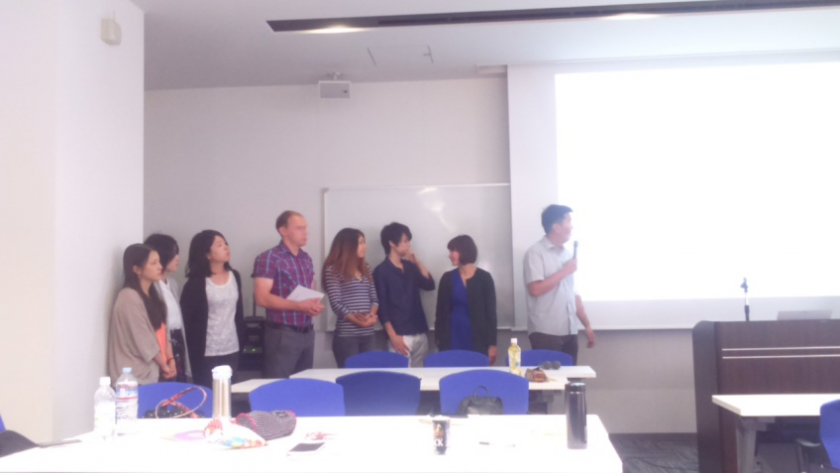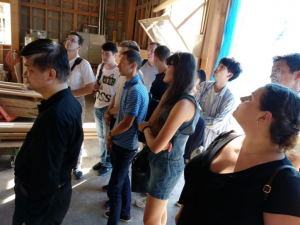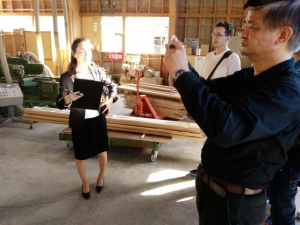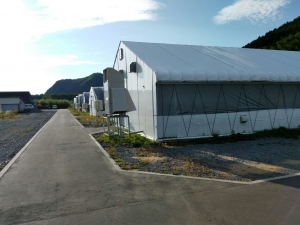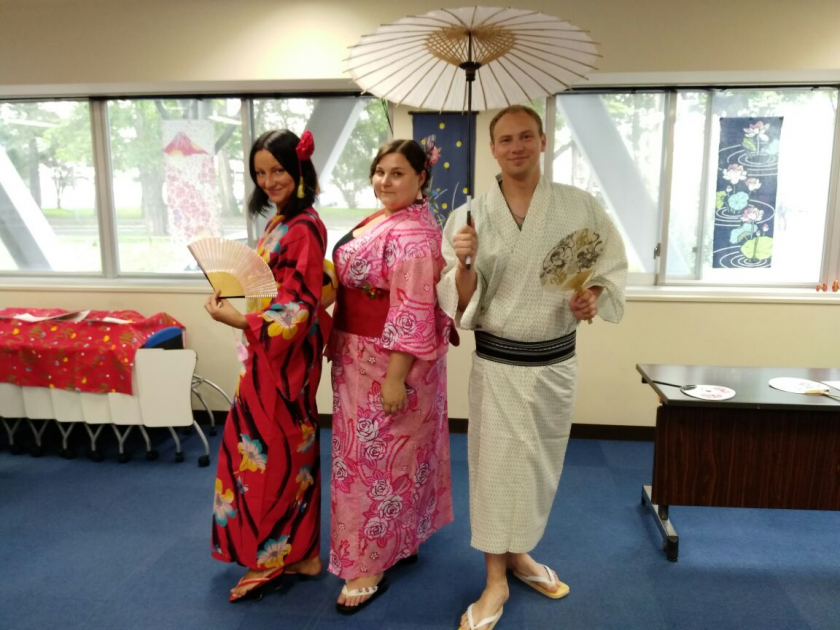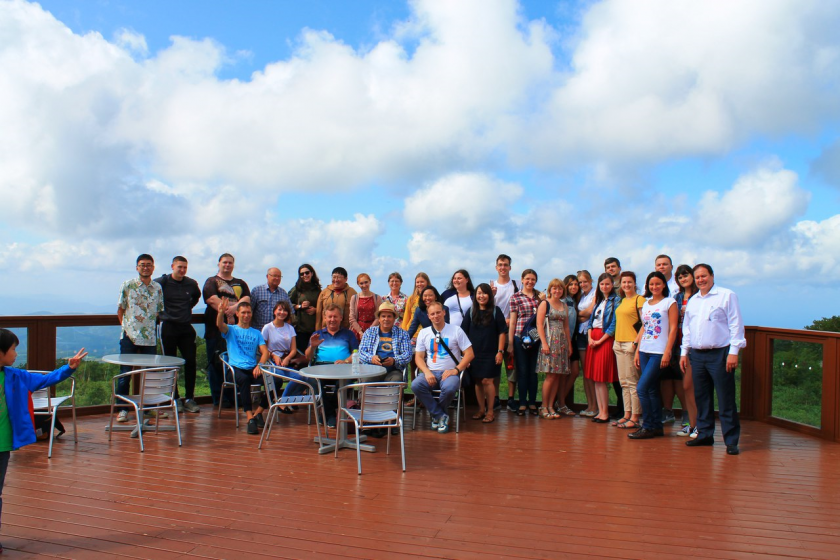Workshop on Development technologies in cold district in Sapporo
LUBNINA Viktoriia
Home University Sakhalin State University
| School | Institute of Law, Economics and Management |
|---|---|
| Major | Economy |
| Course | Doctor Year 1 |
| Field work | Workshop on Development technologies in cold district in Sapporo Sept. 4-8, 2017 |
FY2017 Basic Subjects
The program included weekly lectures. Students gathered from different universities in the Far Eastern Federal district of Russia and the host University were grouped into teams to develop collaborative solutions for some issues.
My team worked on possible solutions for sustainable development in Japan, Far East and Arctic zone of Russia.
My group had identified two main issues:
- The issue of minority peoples of the Far East and Arctic zone of Russia
- Ways of attracting young specialists to the Far East and Arctic zone of Russia.
1) The Far East and Arctic zone of Russia is home to many small ethnic groups. Including Nivkh, Evenki, evens, Nanai, and others. Their number decreases every year. Threatening the preservation of their culture.
My group proposed four concrete solutions for 1):
- a) Scientific ethnographic expeditions
- b) Ethnographic tourism; consulting on knowledge of all aspects of cultural life of indigenous peoples.
- c) Creation of a network of national parks; to change the current situation; current national parks are areas in which economic activity is permitted only to the indigenous population (to preserve the environment, the cultural environment of indigenous peoples).
- d) Modernization of Russian and Japanese school education; the implementation of the school curriculum to the optional regional disciplines (in Russian schools learning Japanese; in Japanese schools learning Russian language).
2) To attract specialists and the development of the Far East and the Arctic zone, it is necessary to offer many joint research institutes (Russian-Japanese) at the regional universities; Students will be able to obtain diplomas of the two countries and work both in Russia and in Japan. Students will receive many benefits in obtaining a residence permit and the possibilities for entrepreneurial activities.
Students had a presentation about the theme they had discussed in the lectures on the final day. My group earned the approval of the professors of different universities.
The second week of the program consisted of field practice. Fieldwork took place in various cities of Hokkaido. I visited the Ministry and got familiarized with the development plan of the Prefecture of Hokkaido. I visited woodworking complex, a well-known construction company, and a museum of coal mine.
Hokkaido University which the lectures were held had a lot of laboratories and academic buildings. Every day after lectures I visited different facilities in the University. I especially liked University Museum. The University Museum had unique artifacts from all over the world. It was divided into some sectors according to research areas. During lectures, I also visited university library. The library had a great number of editions. There even was a video library, audio recordings on various media (even vinyl records). In the library, I found publications in different languages including Russian. Moreover, the library I visited was one of many on campus. I visited the engineering lab which had unique modern design, and I learned that the building was designed and built by the traditional Japanese technology.
The part I particularly liked was that this program was not designed for a full day, which allowed us to visit the sights of Sapporo and the surrounding area after class.
I was very impressed of the program!

